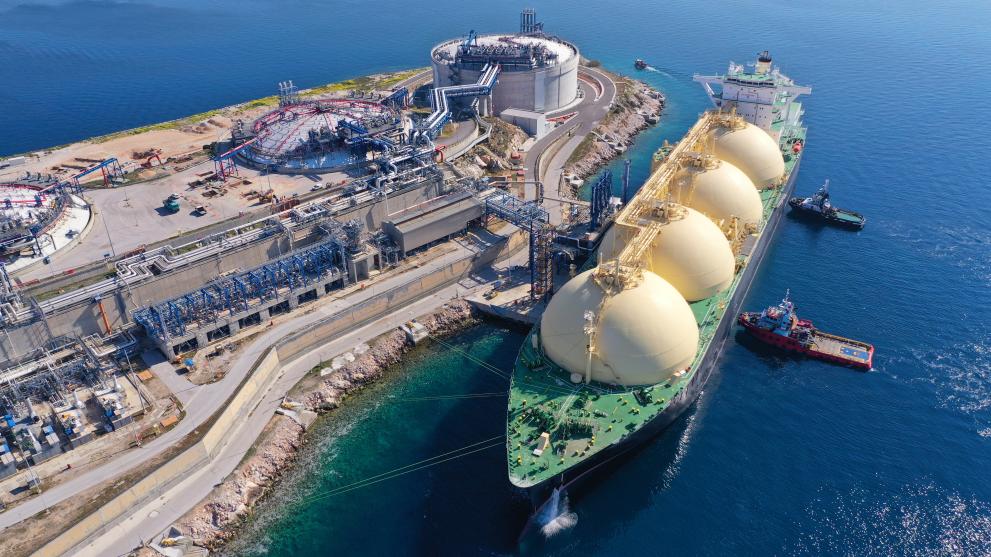According to the International Monetary Fund (IMF) and its most recent Regional Economic Outlook (Asia and Pacific) report, India and China are expected to collectively provide over half of global growth in both 2023 and 2024.
China’s GDP is expected to develop at a rate of 4.2% in 2024 and 5% in 2023, while India’s economy is predicted to grow at the quickest rate among the world’s major economies, 6.3% in FY24 and FY25. According to the IMF, the nation’s growth surprises were favorable due to “strong” private demand. India’s economy expanded by 7.8% in the first quarter of FY24. In comparison to 2.8% in Q4FY23, the private financial consumption expenditure increased by 6% year over year during the quarter.
The IMF stated that robust inflows of capital and robust domestic demand were the reasons for the 20 basis point upward revision of India’s FY24 GDP outlook. Regarding pricing pressures, the IMF observed that headline (CPI) inflation in Vietnam, the Maldives, and India has only marginally increased relative to pre-pandemic levels, with no discernible peaks or troughs.
The IMF forecasted that CPI inflation will average 5.5% in FY24 and 4.6% in FY25 for FY24. The Reserve Bank of India’s estimations are 10 basis points lower than the projections for both years. In the meantime, the international organization predicted that global economic growth would reach 2.9% in 2024 and 3% in 2023.
The IMF predicted that this year, “Asia and Pacific will remain the most dynamic region, with growth expected to rise from 3.9% in 2022 to 4.6% in 2023.” The agency does anticipate that Asia’s growth will drop down to 4.2% in 2024 and 3.9% in the medium run, which would be the lowest growth rates in the previous 20 years save 2020.
Tight financial circumstances will stifle demand in Asia’s developed economies, while the region’s export prospects will be influenced by changes in the price of global commodities (Australia, New Zealand) and the technology cycle (Korea, Singapore, Taiwan Province of China), according to the IMF.
Additionally, it stated that although monetary policy is tightening, “relatively accommodative” financial conditions in Asia’s emerging nations will support domestic demand; yet, weak investment and external demand will be growth headwinds.
“Geo-economic fragmentation poses risks to medium-term prospects, and major economies’ de-risking policies may significantly hinder growth.” However, a comprehensive package of changes in China would improve growth prospects in the medium term, particularly for economies that are smaller and more open, according to the IMF.

